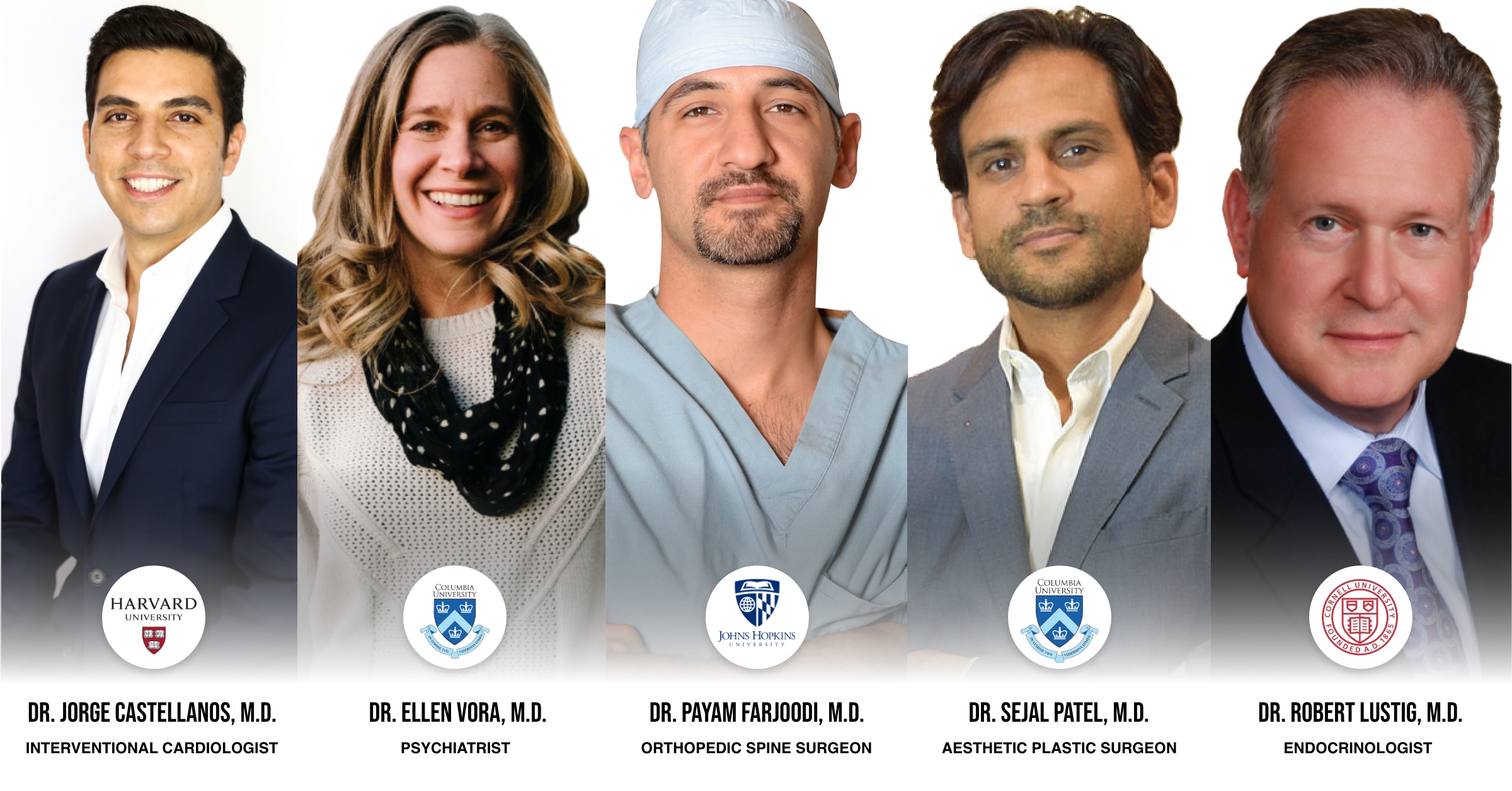Learn about the science of intermittent fasting and how it relates to aging with Dr. Amy in this eye opening video.
Intermittent Fasting and the Science of Aging
Dr. Amy Shah, a double board-certified MD and nutrition expert, is here to discuss the topic of intermittent fasting and its impact on aging. In recent years, there has been a significant amount of research on this subject, with numerous articles being published in just the past five to ten years. The benefits of intermittent fasting on aging are just starting to be understood, but we have some clues as to how it can have a positive effect.
In 1997, a study was conducted on mice that were calorie restricted, and it was found that these mice had lifespans that were 20-40% longer than those that were not calorie restricted. It was later realized that these mice were only eating for four hours a day and fasting for 20 hours, meaning they were actually performing an intermittent fasting intervention. This sparked interest in the scientific community to explore the potential benefits of intermittent fasting on lifespan.
One reason why intermittent fasting may help with aging is that it turns on cellular mechanisms that are present in all species, including humans, animals, and even plants. These mechanisms respond to the stress of intermittent fasting by making the organism stronger. For example, when a person works out, the muscles become stronger in response to the stress of lifting weights. Similarly, our cells have metabolic pathways that respond to the stress of intermittent fasting.
One such pathway is the mTOR pathway, which is linked to cancer growth and aging. Intermittent fasting has been shown to downregulate the mTOR pathway, which is a growth pathway that can also cause cancer and lead to aging and wear and tear. By downregulating the mTOR pathway, intermittent fasting may have a beneficial effect on aging.
Another pathway that is linked to aging and disease is the IGF-1 pathway, which is an inflammatory pathway. Intermittent fasting has been shown to have a positive effect on the IGF-1 pathway. There is also the FOXO pathway, which stimulates autophagy in cells. Autophagy is the process of self-cleaning in cells and is an important anti-aging principle. Intermittent fasting has been shown to increase autophagy, which can have a positive impact on aging.
In conclusion, the science of aging and intermittent fasting is a fascinating and rapidly developing area of research. While more data is needed, the initial findings are promising and suggest that intermittent fasting may have a positive impact on aging.







